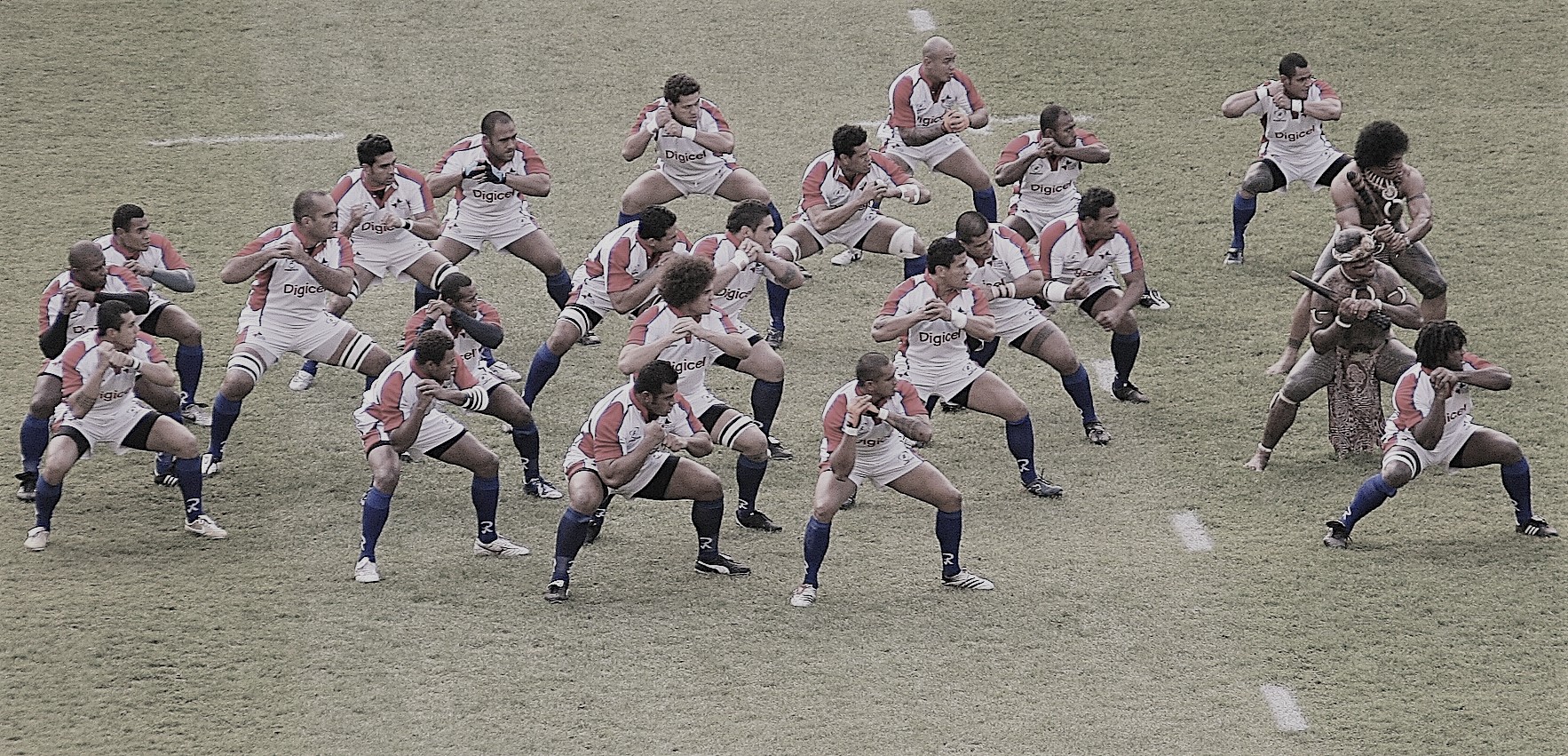A big change to rugby union’s international eligibility rules has been approved by World Rugby.
As of January 2022, a rugby player can now represent a different country so long as they meet two criteria. Firstly, they must stand down from international rugby for at least 36 months. Secondly, the player must have been born in or have a parent or grandparent who was born in the country that they wish to transfer to. This change of allegiance also may be undertaken only once.
Under the current regulations, a rugby player is unable to switch national teams if they have played for their national rugby team—and they are thereafter tied to that country even when they are no longer considered enough to be considered for selection to play for that team anymore.
The Pacific Islands are said to be among the group of international teams set to most reap the rewards. For example, because of the new rules, Charles Piutau—who has played 17 times for the New Zealand All Blacks—will now be free to represent Tonga. Also, Samoa may benefit from the services of former New Zealand All Blacks fly-half (first five-eighth) Lima Sopoaga and other former New Zealand internationals. And, Denny Solomona—who has represented England—could face off against his old teammates in the 2023 world cup if he decides to represent Samoa.
Vocabulary List
eligibility 合格
represent表す
criteria 基準
stand down 身を引く
allegiance 忠誠
undertake 引き受ける
regulation 規定
selection 選択
reap the rewards 何かから生じる利益を享受すること。
face off 直面
Word Frequency


No responses yet